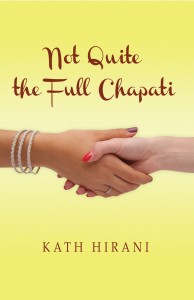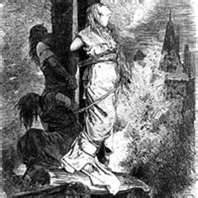 |
Not quite the full Chapati Janice Saheed is no stranger to racism. Her husband is one of the first Asians to settle in England after the War although Janice herself is white. However, on her first day at school, Janice’s four-year-old daughter, Joanna, meets local-girl, Helen, and a lifelong friendship is forged that transcends prejudice. Twenty years on and now a young woman, Joanna is still struggling with her mixed-race identity and having to cope with racism when, against all her advice, her friend Helen falls for Rahim Ismail, a handsome dentist – and it is Helen’s fascination with Asian culture, a fascination caused in the first place by Joanna, that is to blame. In her fight against racism from the other side of the racial divide, Helen struggles to understand why she and Rahim cannot be together. Eventually she admits defeat and decides to leave Rahim – but then, her father becomes ill and Rahim fails to vanish from her life as intended. And then, to complicate matters yet further, Joanna’s father refuses to acknowledge his daughter’s marriage and Helen’s father steps in to fill the gap and do the right thing for his ‘adopted’ daughter. Not Quite the Full Chapati! is based on a true story, a story of friendship, love, happiness, racism and heartbreak. It speaks to all of us. |
Amazon review… …Interesting story about life in a mixed race marriage. Parts will make you laugh out loud and five minutes later deal with some very sad times in this girl’s life. ‘Great Book – You will want to keep reading’ UK Price £9.99 Go to Amazon.co.uk US Price $12.00 Go to Amazon.com |
All posts by Sarah
Not quite the full Chapati
What is Lost
What is Lost

The third YouCaxton lecture is scheduled for 7.00 pm Tuesday 20th November at the YouCaxton Shop in Bishop’s Castle. Dr. Anthony Lempert, Chair of the U.K. Secular Medical Forum, will be discussing what is lost to medical practice through the influence of religion and he will consider how religious belief distorts current accepted attitudes to medical care. His talk draws on some of the many narratives of secular thought and opinion – the stories of blasphemers, witches, heretics, infidels and apostates – which have been lost or minimised in popular discourse, and relates this back to our own time and to the influence of religion in society.